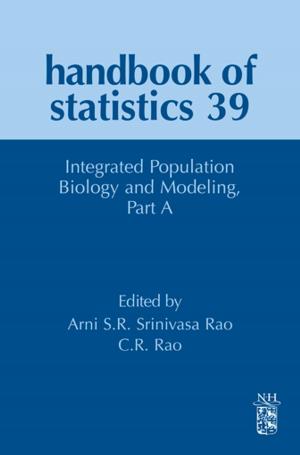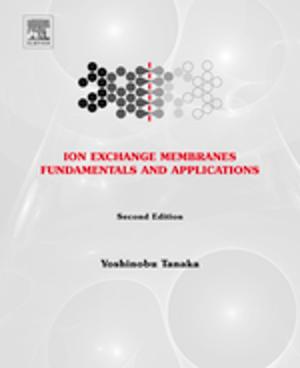Handbook of Categorization in Cognitive Science
Nonfiction, Health & Well Being, Psychology, Neuropsychology, Cognitive Psychology| Author: | ISBN: | 9780128097663 | |
| Publisher: | Elsevier Science | Publication: | June 3, 2017 |
| Imprint: | Elsevier Science | Language: | English |
| Author: | |
| ISBN: | 9780128097663 |
| Publisher: | Elsevier Science |
| Publication: | June 3, 2017 |
| Imprint: | Elsevier Science |
| Language: | English |
Handbook of Categorization in Cognitive Science, Second Edition presents the study of categories and the process of categorization as viewed through the lens of the founding disciplines of the cognitive sciences, and how the study of categorization has long been at the core of each of these disciplines.
The literature on categorization reveals there is a plethora of definitions, theories, models and methods to apprehend this central object of study. The contributions in this handbook reflect this diversity. For example, the notion of category is not uniform across these contributions, and there are multiple definitions of the notion of concept. Furthermore, the study of category and categorization is approached differently within each discipline.
For some authors, the categories themselves constitute the object of study, whereas for others, it is the process of categorization, and for others still, it is the technical manipulation of large chunks of information. Finally, yet another contrast has to do with the biological versus artificial nature of agents or categorizers.
- Defines notions of category and categorization
- Discusses the nature of categories: discrete, vague, or other
- Explores the modality effects on categories
- Bridges the category divide - calling attention to the bridges that have already been built, and avenues for further cross-fertilization between disciplines
Handbook of Categorization in Cognitive Science, Second Edition presents the study of categories and the process of categorization as viewed through the lens of the founding disciplines of the cognitive sciences, and how the study of categorization has long been at the core of each of these disciplines.
The literature on categorization reveals there is a plethora of definitions, theories, models and methods to apprehend this central object of study. The contributions in this handbook reflect this diversity. For example, the notion of category is not uniform across these contributions, and there are multiple definitions of the notion of concept. Furthermore, the study of category and categorization is approached differently within each discipline.
For some authors, the categories themselves constitute the object of study, whereas for others, it is the process of categorization, and for others still, it is the technical manipulation of large chunks of information. Finally, yet another contrast has to do with the biological versus artificial nature of agents or categorizers.
- Defines notions of category and categorization
- Discusses the nature of categories: discrete, vague, or other
- Explores the modality effects on categories
- Bridges the category divide - calling attention to the bridges that have already been built, and avenues for further cross-fertilization between disciplines















